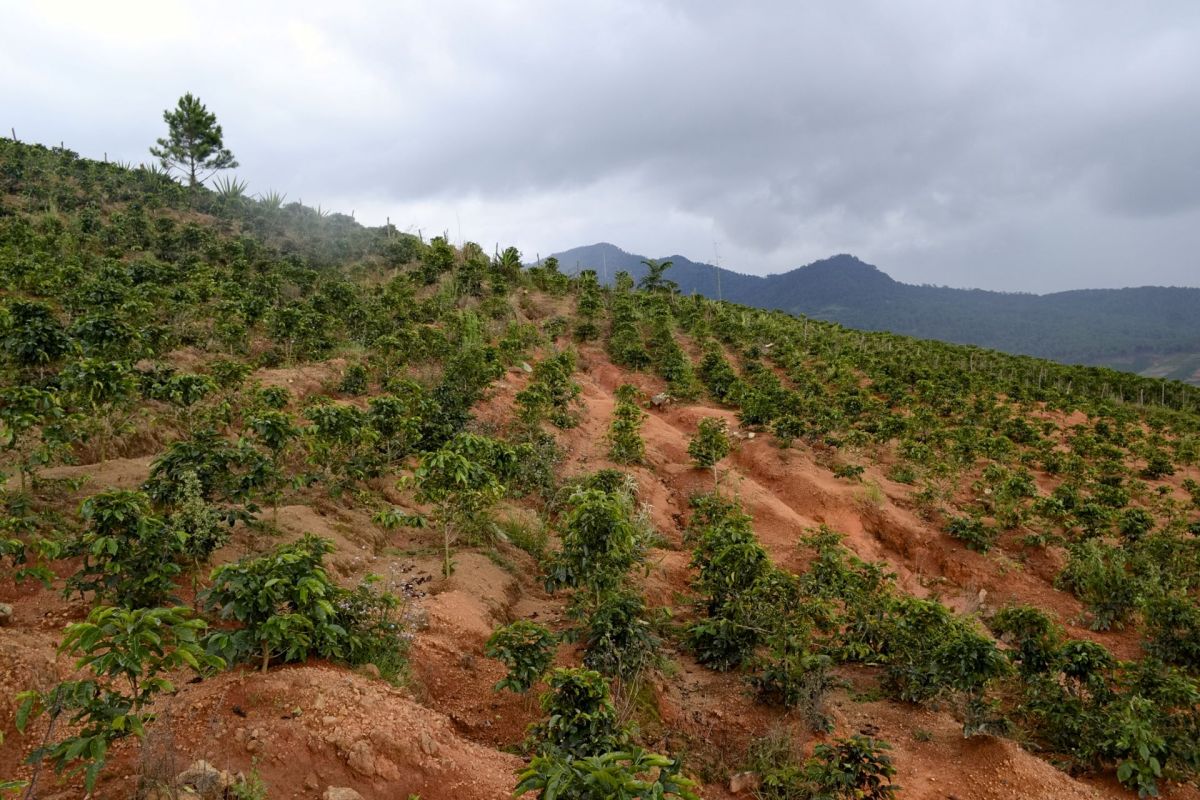Carbon and methane pollution is brewing up trouble for some of our favorite treats. From olive oil to beer, rising temperatures and extreme weather events are shaking up the food world.
But don't panic just yet — clever folks are already cooking up ways to help our beloved bites and sips survive the heat. So grab a snack (while you can) and learn about five foods and drinks that might be harder to come by soon and what's being done to save them.
Olive oil
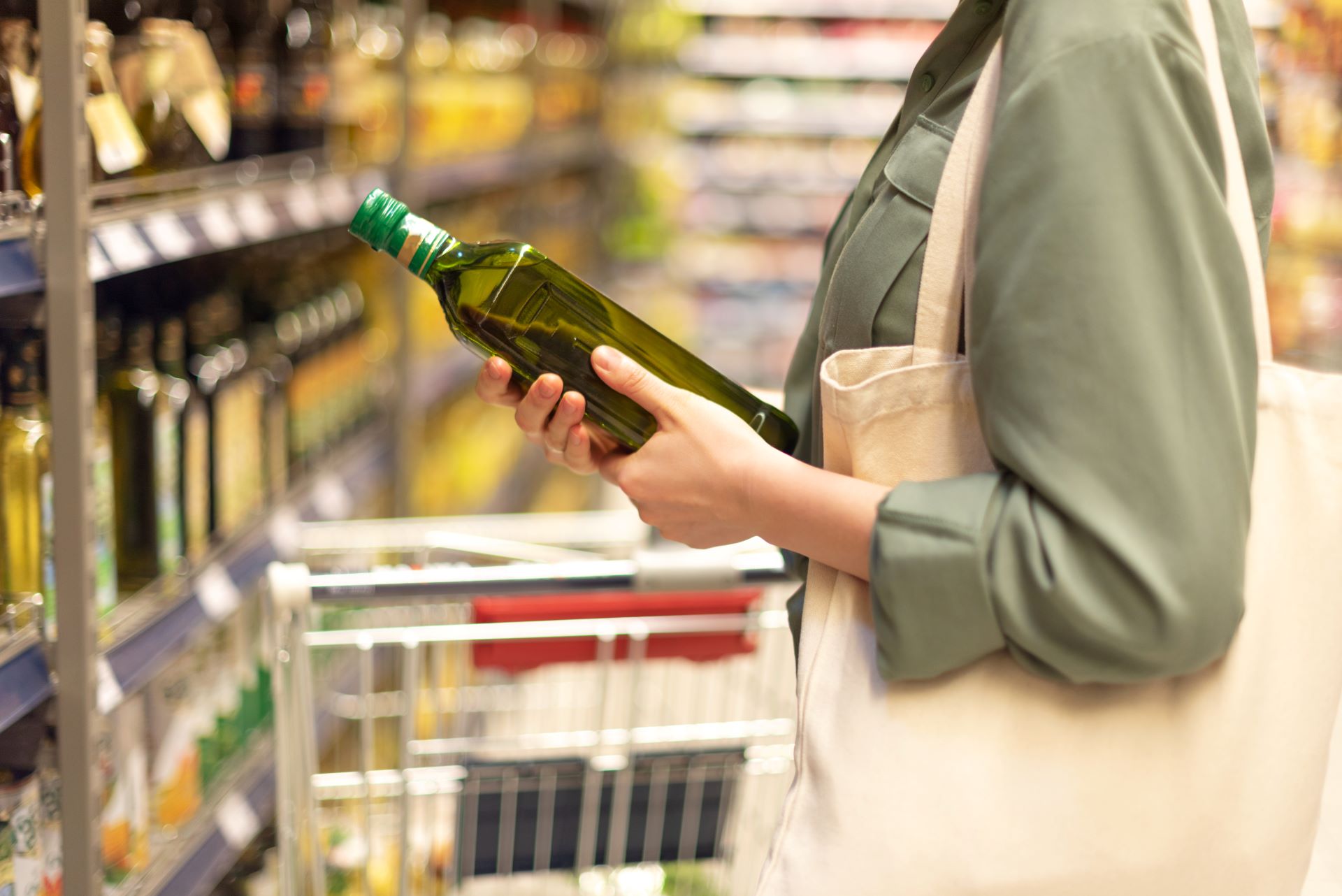
Olive oil might soon become a rare sight on store shelves. Extreme weather conditions are making it difficult for farmers in Spain and California to cultivate olives. Spain is experiencing severe drought, resulting in a significantly reduced harvest. Meanwhile, California is facing record-breaking rain and snowfall, delaying bloom times. It's a wild situation, but producers are diligently working to adapt to these challenges.
Coffee
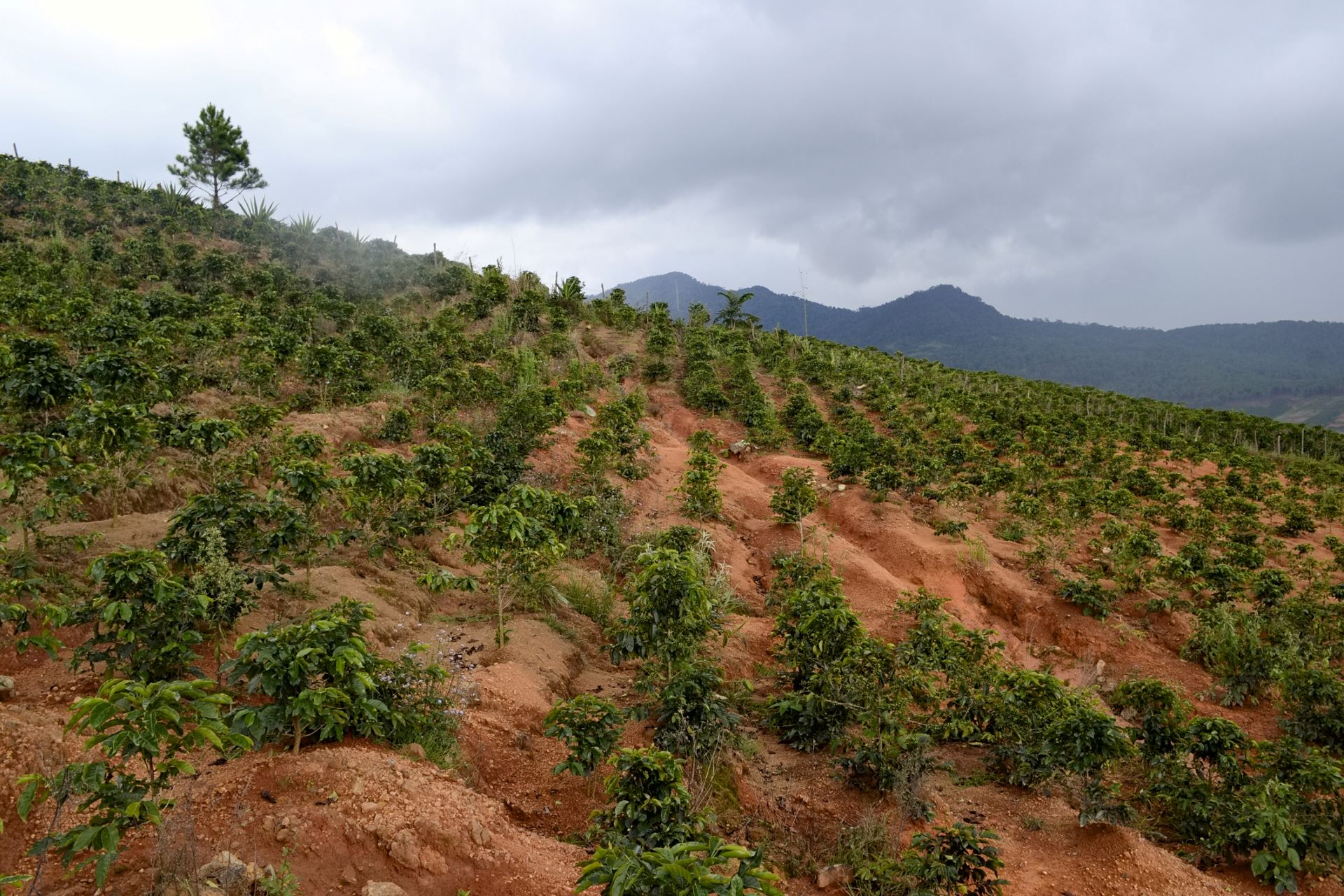
Your daily cup of joe might also be harder to come by. This year's intense El Niño weather pattern is brewing up trouble for our beloved coffee crops. Temperature swings and unpredictable rain could slam major coffee-growing countries like Brazil and Colombia. If that happens, your wallet might feel the burn when you get your morning fix. But don't worry — clever folks are already devising ways to help your coffee survive the heat. In the meantime, maybe it's a good idea to switch to tea.
Champagne

Rising temperatures in France's Champagne region could shift how your favorite fizz tastes. The sun's scorching of grapes is affecting their acidity levels. Even the harvest season is earlier. The good news is champagne makers are already adapting, like moving to cooler climates or tweaking the rules. So, while your go-to glass might change a bit, we can still toast to finding innovative solutions.
Ketchup
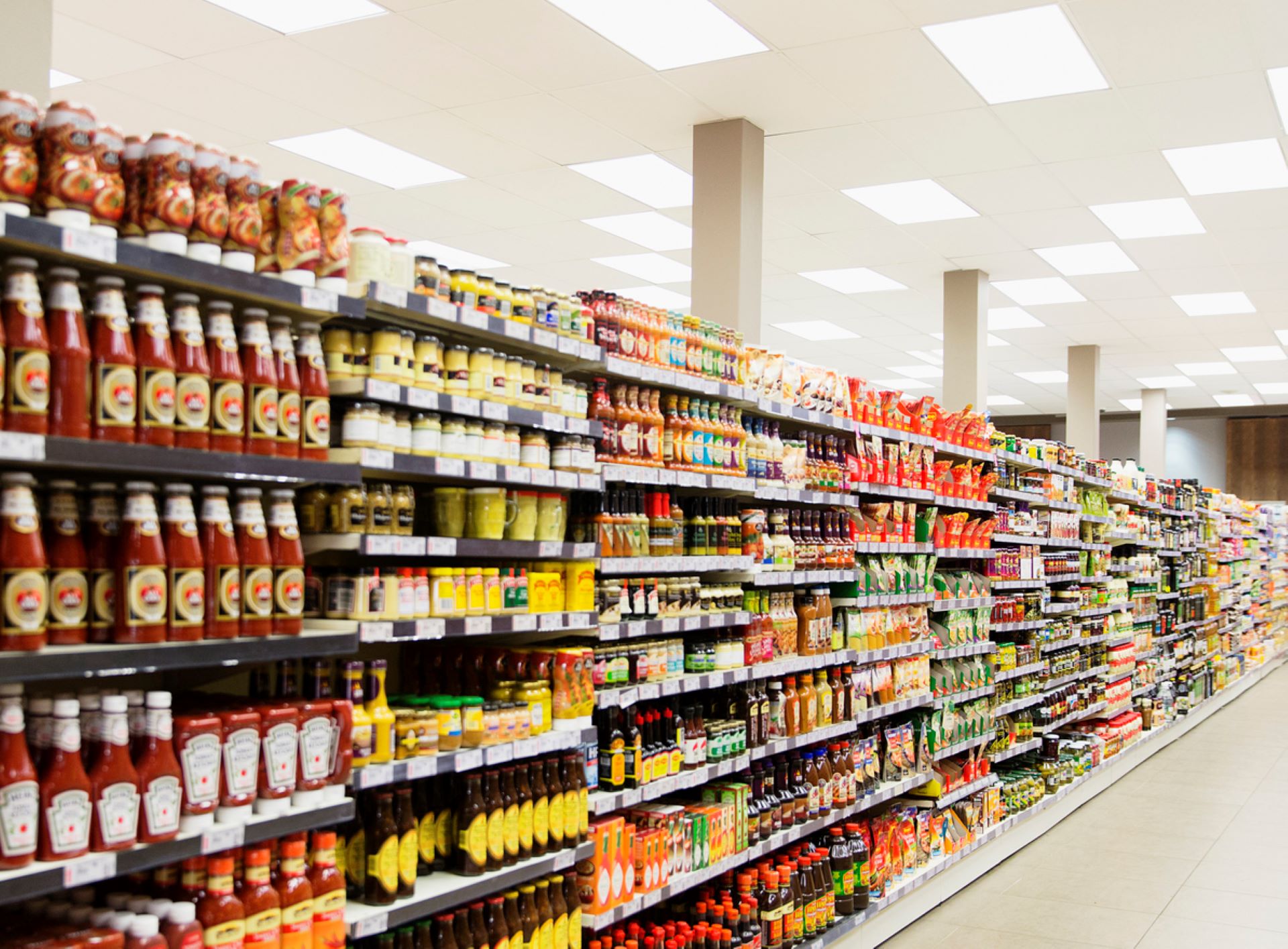
Extreme heat has taken a toll on tomato crops in major growing regions like California, leading to a 28% price jump for ketchup. Thankfully, scientists are working on developing climate-resilient tomato varieties to keep your fries covered for years to come. In the meantime, let's hope for good weather and maybe stock up on an extra bottle or two, just in case.
Beer
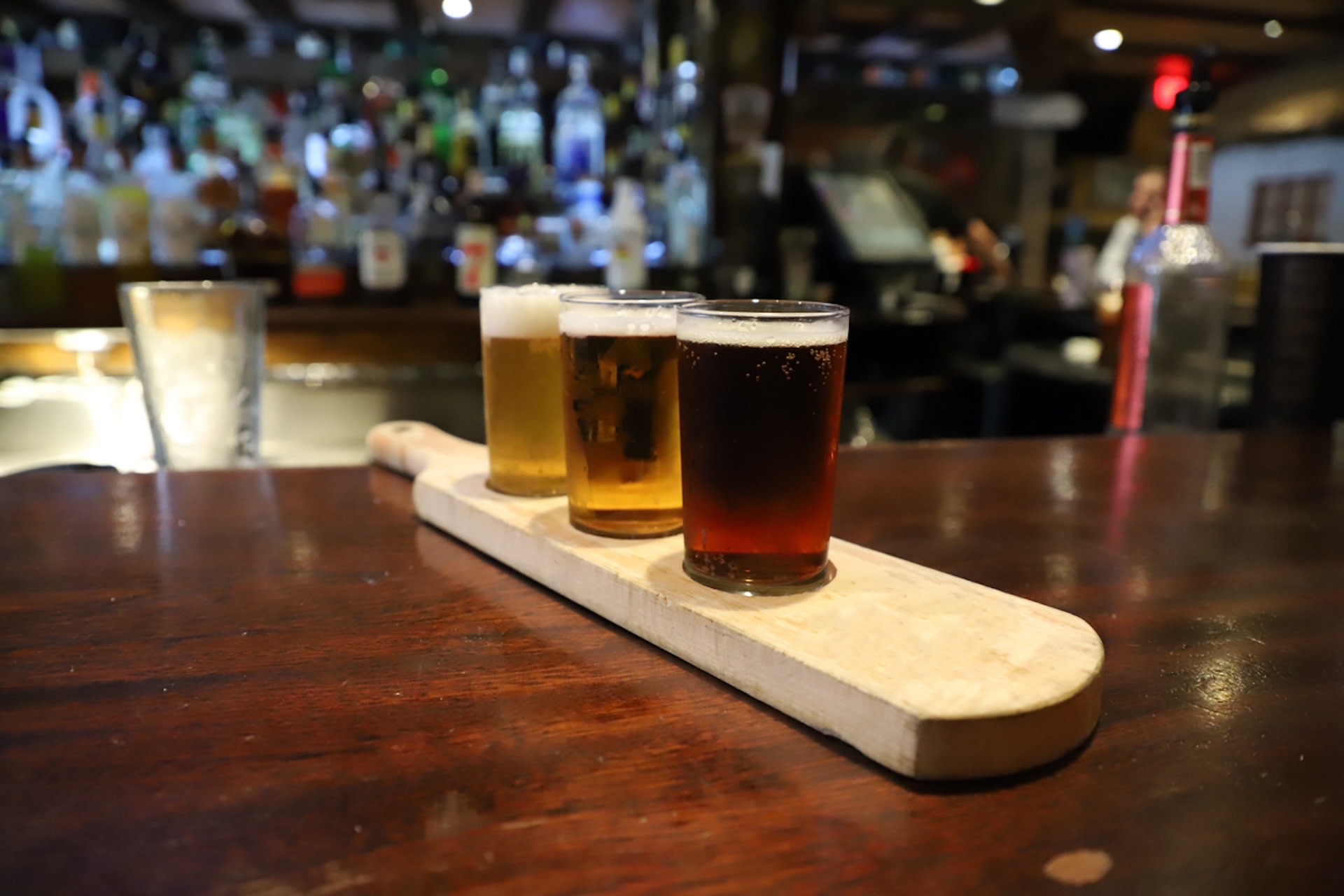
A new study found that rising temperatures and widespread drought are causing the quality and quantity of hops to decline in Europe. Hops give beer its signature flavor and aroma, so fewer hops could mean pricier pints with a different taste. However, growers and brewers are already adapting by developing heat-resistant hop varieties and using solar panels for shade. Cheers to innovative solutions that keep our beers flowing.
Join our free newsletter for easy tips to save more, waste less, and help yourself while helping the planet.
